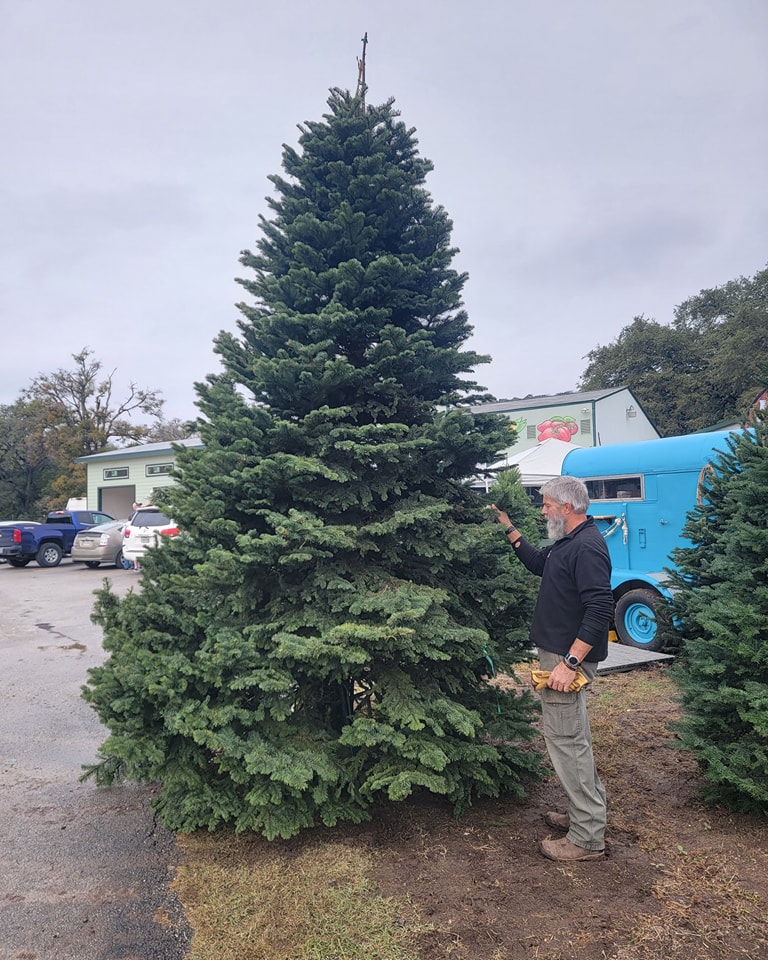Nationwide, the sale of real Christmas trees has decreased since 2018 and since 2020 the sale of artificial trees has been higher than real trees.
That’s not a good thing, warns the Texas A&M Forest Service, which recently conducted an economic study showing how much value the Christmas tree industry adds to the state’s economy.
Cutting down live Christmas trees is good for Texas’ economy and vital for the state’s ecosystem and forest sustainability.
“Christmas tree farms are essentially young forests,” said Dr. Aaron Stottlemyer, head of the Forest Service’s Analytics Department. “They are able to provide us the same benefits as traditional forests by sequestering carbon, providing a natural habitat for wildlife, cleaning our water and providing recreational opportunities.”
In a statement, the Forest Service said more than four million real Christmas trees are sold annually in Texas, supporting farms and agriculture businesses throughout the state.
In 2022, the industry generated economic impacts amounting to more than $714 million, including direct, indirect and induced impacts, while supporting nearly 6,000 jobs.
Of $714 million in total impacts, the Texas Christmas tree industry had a direct economic impact of $397 million, employing 3,896 people with a payroll of more than $97 million.
The most widely grown Texas Christmas trees are the Virginia pine, Afghan pine, eastern redcedar shortleaf pine, Arizona cypress and Leyland cypress.
“The Texas Christmas Tree Growers Association and Texas A&M Forest Service have been collaborating since the early 1980s,” said Fred Raley, Texas A&M Forest Service Tree Improvement coordinator. “The collaboration has worked to develop locally-adapted Virginia pines, especially hardy and adapted to the Texas climate, to ensure that those that prefer a live tree can continue to have that Christmas experience for a very long time.”
After the holiday season, real Christmas trees can be repurposed and recycled for many uses, according to the experts at the Forest Service.
Real Christmas trees can be used as landscape mulch in yards and gardens as soil erosion prevention, nest-building materials for birds and natural water habitats for fish and wildlife in ponds or lakes.
Stottlemyer said the Christmas tree industry is crucial to fulfilling the trees’ lifecycle, expanding trees’ potential beyond their natural life and creating sustainable forests and economies.
“Christmas tree farms are essentially young forests,” said Stottlemyer. “They are able to provide us the same benefits as traditional forests by sequestering carbon, providing a natural habitat for wildlife, cleaning our water and providing recreational opportunities.”




